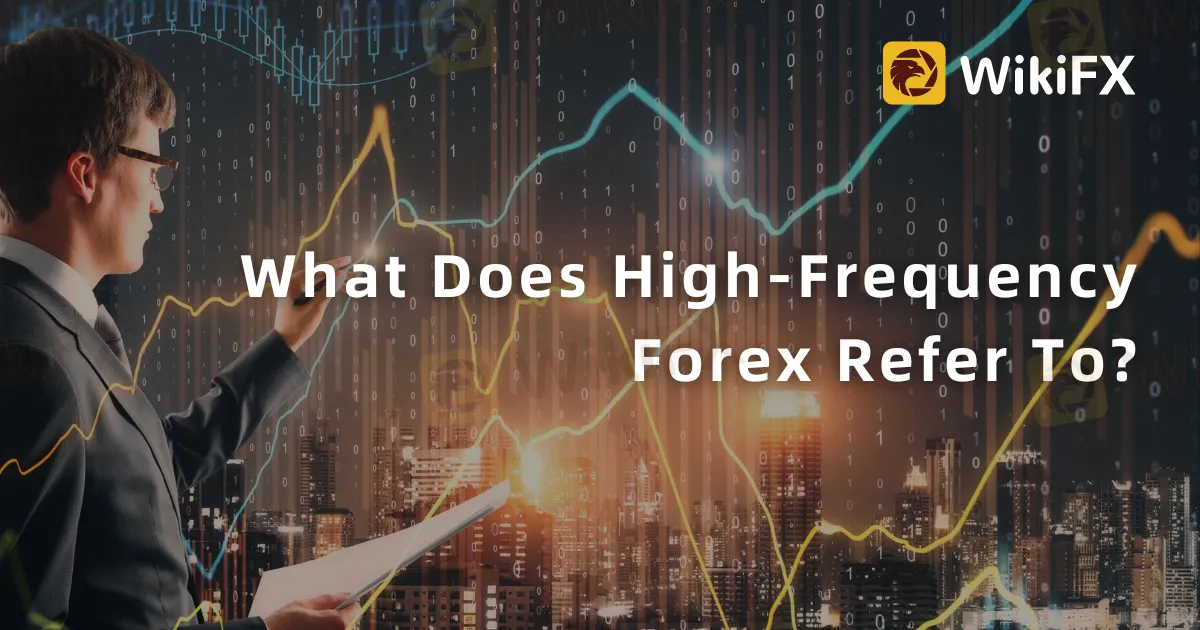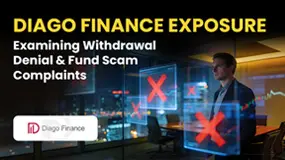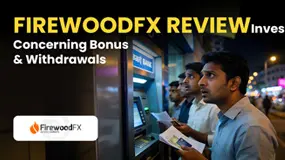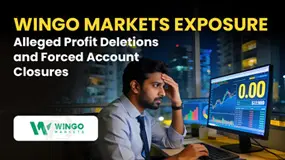Abstract:In Forex trading, high frequency refers to a style of trading that uses complex algorithms and high-speed computer programs to execute trades at a very rapid pace. High-frequency traders aim to profit from small price movements in the market, and they do so by placing a large number of trades in a short period of time.

In Forex trading, high frequency refers to a style of trading that uses complex algorithms and high-speed computer programs to execute trades at a very rapid pace. High-frequency traders aim to profit from small price movements in the market, and they do so by placing a large number of trades in a short period of time.
High-frequency trading is also known as algorithmic trading or “algo” trading. It has become increasingly popular in recent years, as technological advancements have made it easier and faster to execute trades using automated systems.
Talking high-speed computer programs to execute trades. WikiFX offers a variety of VPS and EA at a low price. These two tools are considered essential to every trader who wanted to have a fast trading environment.
Check out this link: https://vps.wikifx.com/en/vps.html?source=fma3

How Does High-Frequency Forex Work?
High-frequency forex trading is typically executed using computer algorithms that are designed to identify and exploit small price movements in the market. These algorithms use a variety of indicators and statistical models to analyze market data in real time and generate trading signals.

Once a trading signal is generated, the algorithm will automatically execute a trade, typically within a fraction of a second. The trades are usually executed using specialized trading platforms and servers that are located close to the forex exchange, in order to minimize latency and ensure fast execution speeds.
High-frequency traders use a variety of different strategies to generate profits, including:
Market making: This involves placing orders on both the buy and sell side of the market, in order to create liquidity and capture the spread between the bid and ask prices.
Statistical arbitrage: This involves identifying price discrepancies between related assets and taking advantage of these discrepancies through rapid-fire trades.
Momentum trading: This involves trading based on short-term price momentum, typically using technical indicators such as moving averages and oscillators.
How Can It Be Benefited To Traders
High-frequency trading can be very profitable, but it also comes with risks. Because trades are executed so quickly, there is a higher risk of errors and technical glitches. Additionally, high-frequency trading can create volatility in the market, as large numbers of trades are executed in short periods of time. This volatility can create both opportunities and risks for traders, depending on their strategies and risk tolerance.
High-frequency forex trading can offer several potential benefits to traders who use this strategy effectively, including:
Increased liquidity: High-frequency traders help to increase liquidity in the forex market by providing a constant stream of buy and sell orders. This can make it easier for traders to enter and exit positions quickly, and can also help to reduce trading costs.
Faster execution speeds: High-frequency trading allows traders to execute trades at incredibly fast speeds, typically within milliseconds. This can be especially beneficial when trading in volatile market conditions, as it allows traders to take advantage of price movements before they have a chance to change direction.
Improved accuracy: High-frequency trading algorithms are designed to analyze large amounts of market data and identify profitable trading opportunities with a high degree of accuracy. This can help traders to make more informed trading decisions and increase their chances of generating profits.
Reduced emotions: High-frequency trading is largely automated, which means that traders can avoid making emotional decisions based on fear, greed, or other biases. This can help traders to remain disciplined and stick to their trading strategies, which can lead to better long-term performance.
Install the WikiFX App on your smartphone to stay updated on the latest news.
Download the App: https://www.wikifx.com/en/download.html?source=fma3












